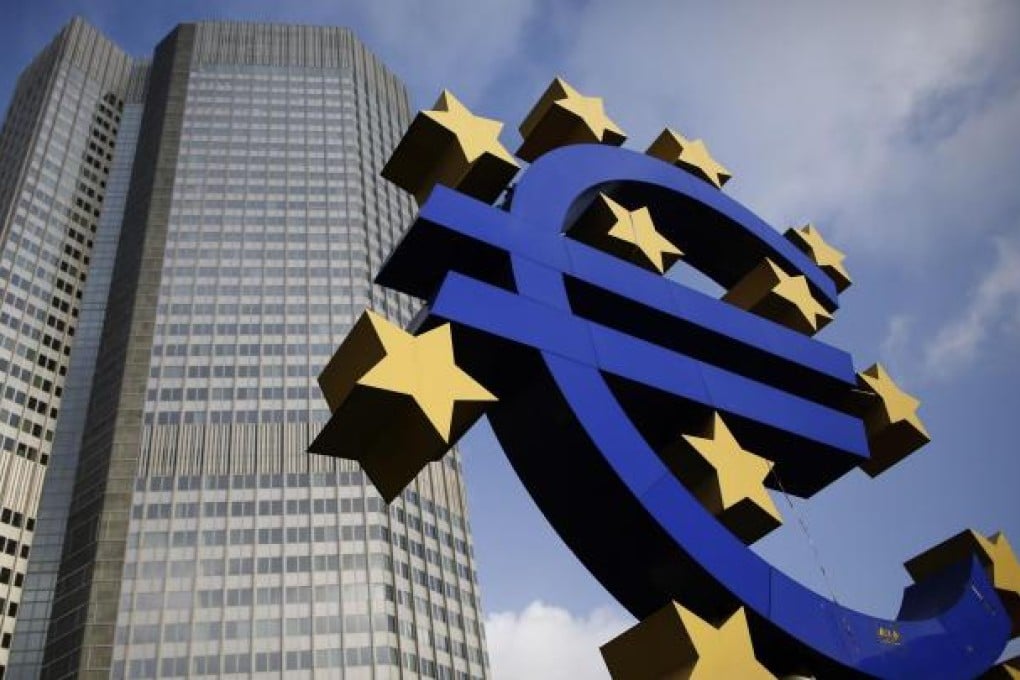
The European Union yesterday agreed to disburse more aid to Greece and struck a deal on setting up a banking union, finalising two of the toughest issues it has confronted this year and giving its leaders a lift ahead of a two-day summit.
The deal to provide nearly €50 billion (HK$505.6 billion) in long-delayed aid to Athens prompted its prime minister, Antonis Samaras, to declare an end to talk of a Greek exit from the single currency. It averts a catastrophic default and secures Greece's survival in the euro zone after months of doubt and political turmoil.
Athens had repeatedly missed fiscal targets agreed with the EU and the International Monetary Fund, and stalled structural economic reforms.
"We are convinced that the programme is back on a sound track," Jean-Claude Juncker, the chairman of the 17-nation euro zone's finance ministers, said after they met before an EU summit later in the day. "Money will be flowing to Greece as early next week."
In another major deal, EU finance ministers agreed to put the European Central Bank in charge of all euro-zone lenders that paves the way for the currency bloc's firewall fund to provide direct bailouts to banks.
The new supervisory mechanism should be fully ready by March 1, 2014, with about 200 banks automatically qualifying for direct ECB oversight, EU financial services commissioner Michel Barnier said yesterday.